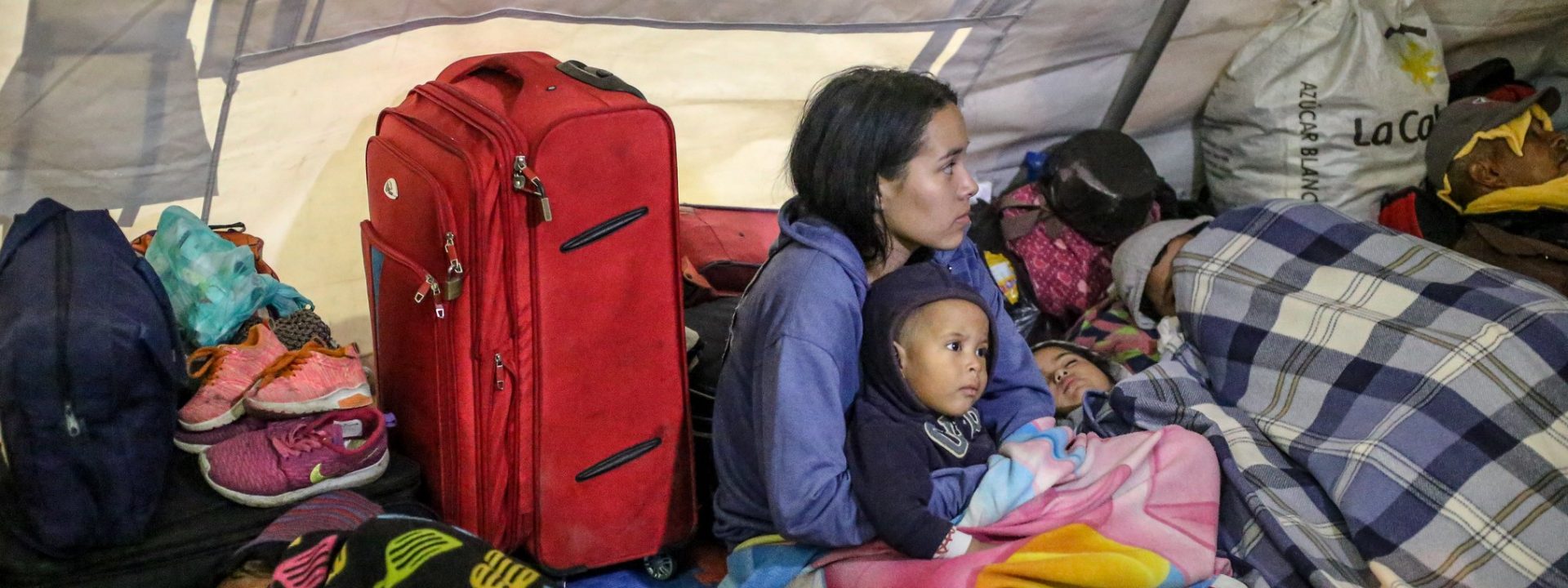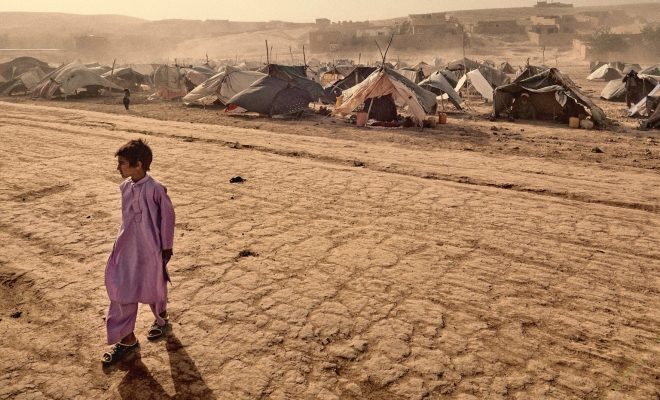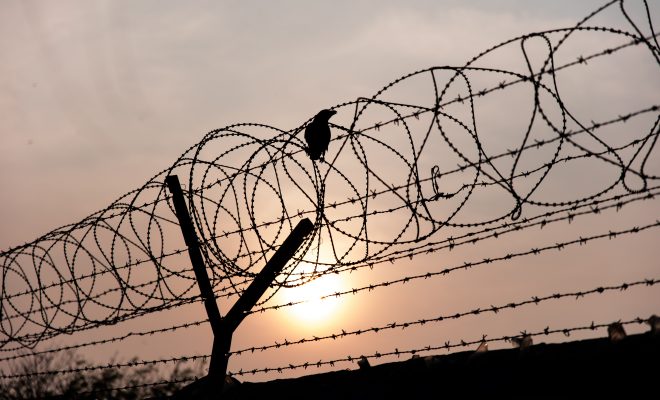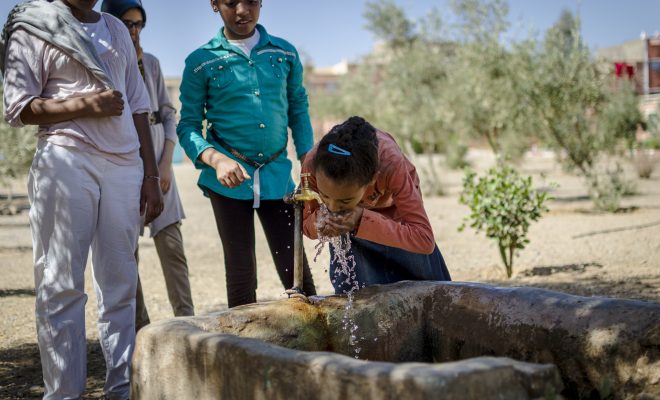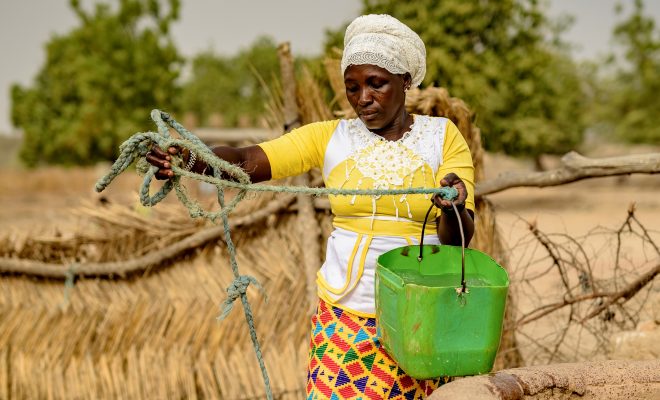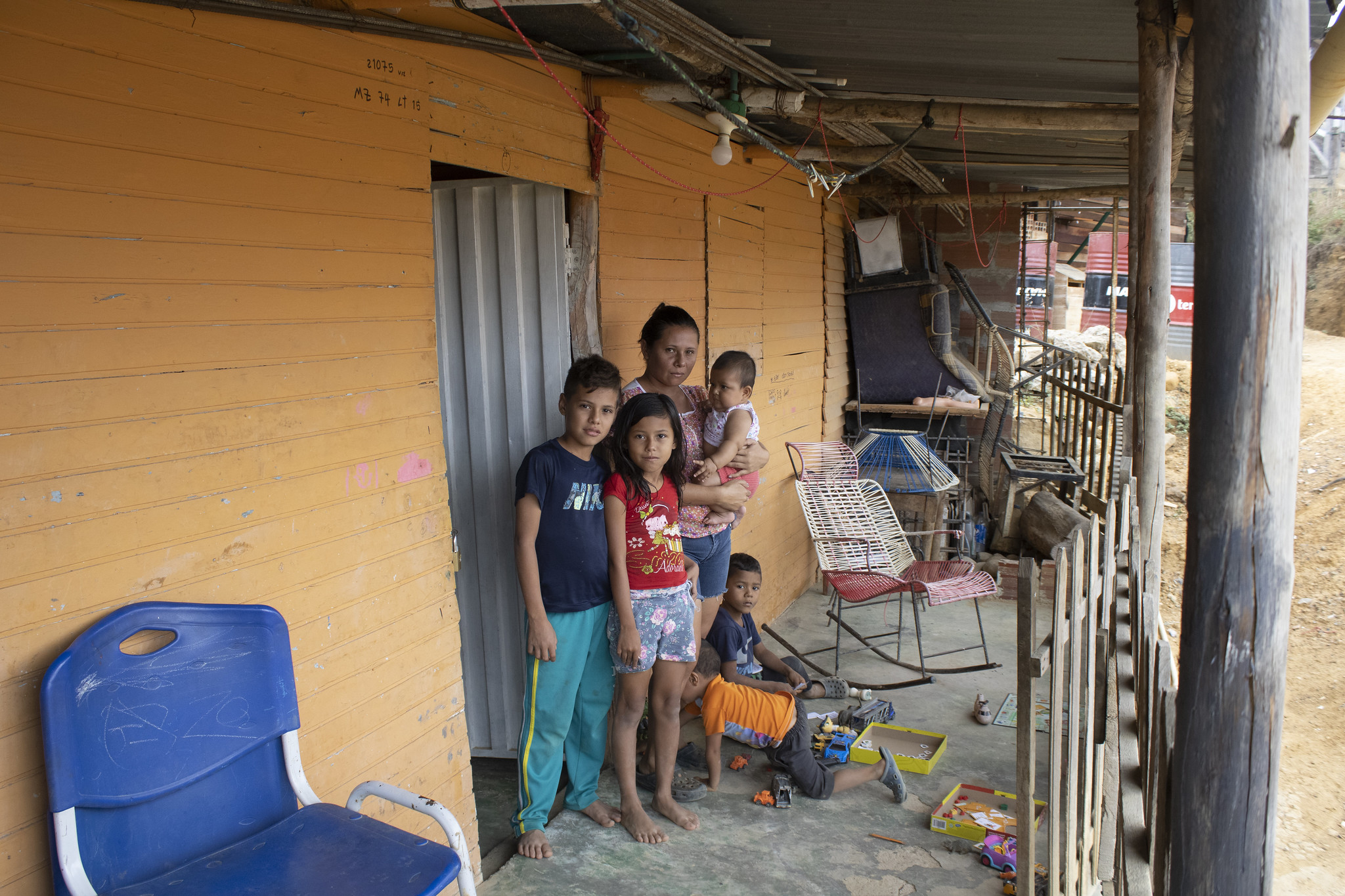
The number of Venezuelan migrants all around the world reached almost 5.5 million on the 5th October, more than 16 % of the population. © MedGlobal
In 2017, the economic, political and social crisis in Venezuela triggered an unavoidable human drama. Those who suffered violence and insecurity, as well as the lack of food, water and medical treatments, started to leave the country looking for shelter and minimum stability to start from scratch. According to the Coordination Platform for Refugees and Migrants from Venezuela, the number of Venezuelan migrants all around the world reached almost 5.5 million on the 5th October, more than 16 % of the population. The United Nations High Commissioner for Refugees (UNHCR) estimates that by the end of 2020, this figure will reach six million. It is the greatest exodus in South America’s recent history.
A drama that does not end
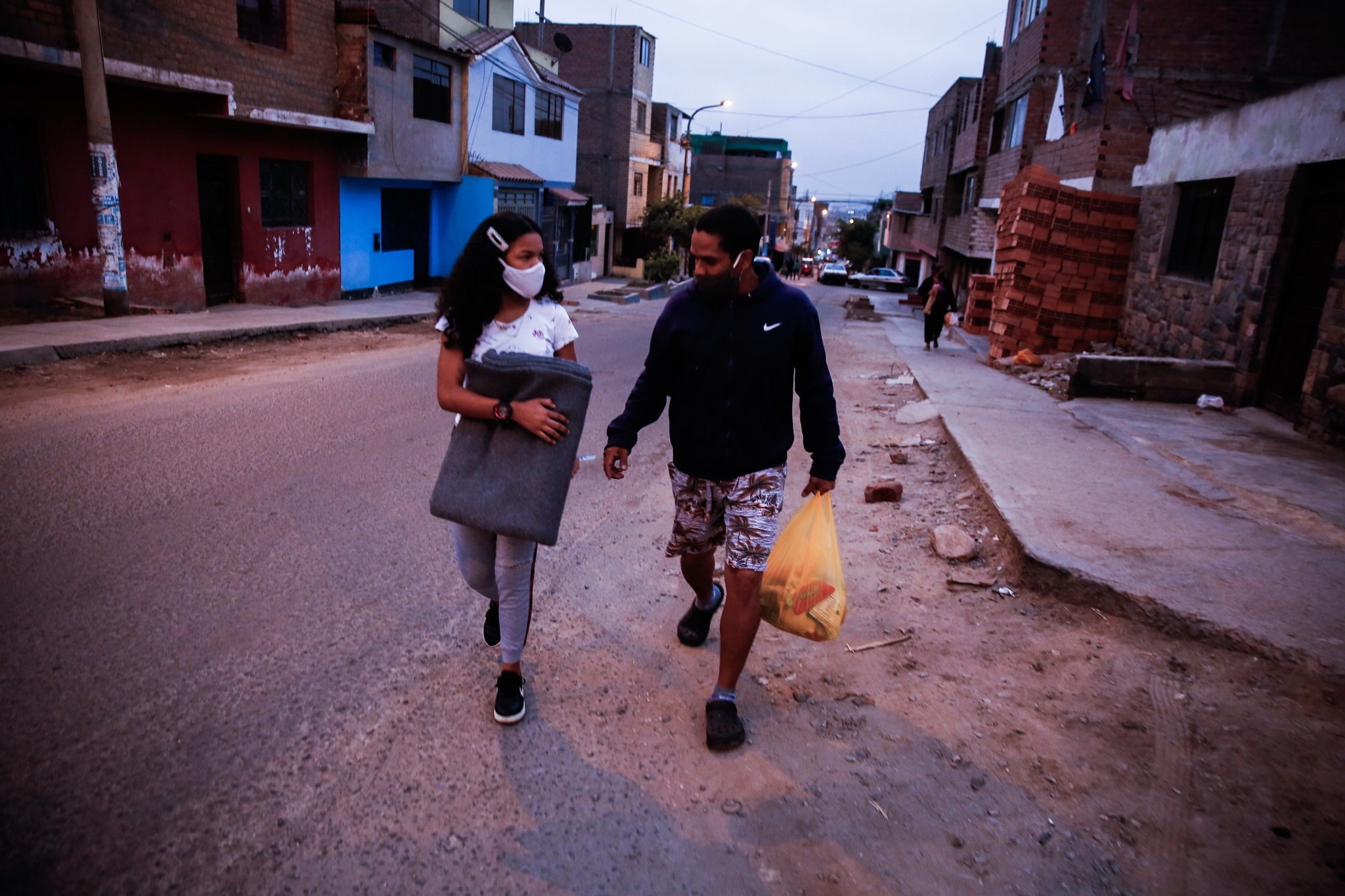
Most of the ordinary migrants on arrival they experience the mistrust of locals and outbreaks of xenophobia towards them are frequent. © European Union, 2020/ S.Castañeda
Most of the ordinary migrants, the poorest, arrive with acute malnutrition, chronic diseases and those who have had to stop their medical treatment, terminally ill. On arrival they experience the mistrust of locals and outbreaks of xenophobia towards them are frequent; therefore, they have a hard time finding decent work and many are exploited. Children and teenagers, who represent 45 % of migrants, suffer the worst consequences: most of them do not attend school and many didn’t even go to school before they migrated; in many areas they are exposed to trafficking and labor exploitation.
To get there they have had to cross the borders of Colombia and Brazil, countries that initially welcomed migrants with an open arms policy. In the border regions and suburbs of the cities reception camps have been set up and their population has been increasing.
Before the outbreak of the pandemic, around 600 people were arriving every day to the Brazilian state of Roraima, in the north of the country. Now this flow has decreased but the precariousness of the refugees’ health has increased. Roraima has the least developed economy in the country and has a poor quality health system due to the shortness of medical staff and supplies. The infrastructure of the state is struggling to cope with this great influx of migrants so as not to have its basic humanitarian services overwhelmed.
According to UNHCR, last June the Brazilian government recognized approximately 46,000 Venezuelans as refugees. This represents the highest population of refugees officially recognized in Latin America. But their current legal status is uncertain in view of the Brazilian government’s restriction policy.
However, as it is frequently the case with migration, unofficial estimates far exceed official ones. The UN Migration Agency (IOM) and UNHCR consider that around 100,000 Venezuelans live in Roraima, representing around one fifth of the 500,000 inhabitants of the state.
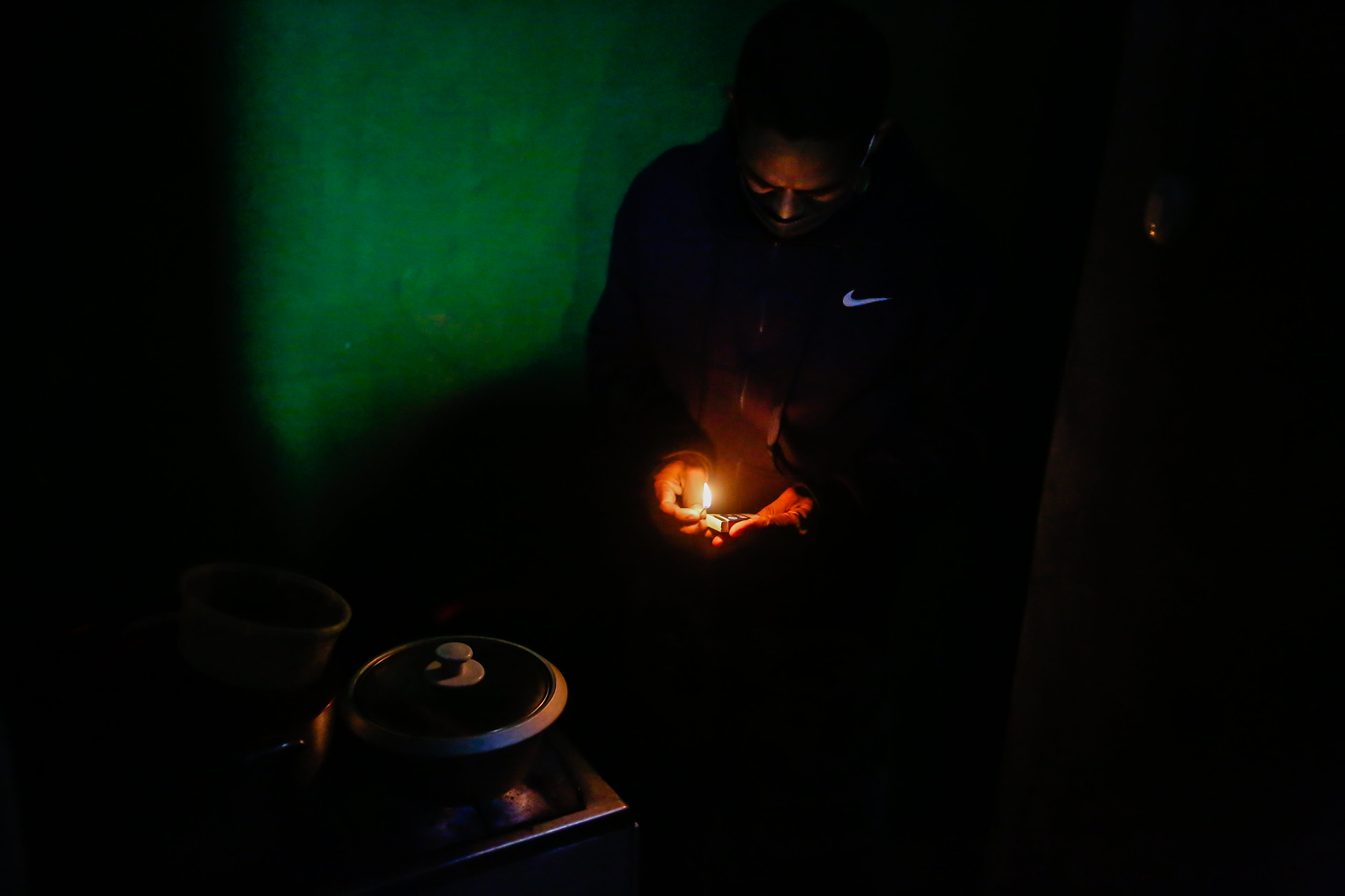
In Boa Vista around 23,000 live in precarious or abandoned buildings, or simply on the streets, in undignified conditions. © European Union_S.Castañeda
The case of Boa Vista
The capital of Roraima, Boa Vista, is the one receiving more migrants. Located on the right bank of the Branco River, one of the most important in the Amazon basin, it is the only Brazilian capital located north of the Equator. Most migrants live there, preferably in 13 abrigos (refugee camps), with more than 6,000 people. Others, around 23,000 live outside these camps, in precarious or abandoned buildings, or simply on the streets, in undignified conditions or occupying vacant lots.
Health conditions are extremely deficient. Diseases due to lack of hygiene and sanitation, such as diarrhea and scabies, are very common, and so are the cases of pneumonia, sinusitis, otitis and intestinal parasites. The climate in Boa Vista does not help either. High temperatures, humidity and long rainy seasons along with dirt encourage the spread of mosquitoes and cockroaches inside the tents and spoil the food. Water for hygiene and cooking, washing utensils and clothes needs to be fetched and collected in buckets and drums and the precarious latrines are frequently clogged and flooded.
In view of the limited job opportunities, some women manufacture and sell handicrafts made of palm fiber, while many men collect scrap metal in the streets of the city. They use the money to buy food to complement their diet, such as vegetables, fish or flour.
There, in Boa Vista, the We Are Water Foundation collaborates with World Vision in a project to provide handwashing facilities and training in hygienic practices in a community that has received unprecedented migratory pressure and that is seriously threatened by the spread of coronavirus. Health services in Boa Vista started to be overwhelmed on the 23rd May when more than 1,842 cases and 70 deaths were confirmed.
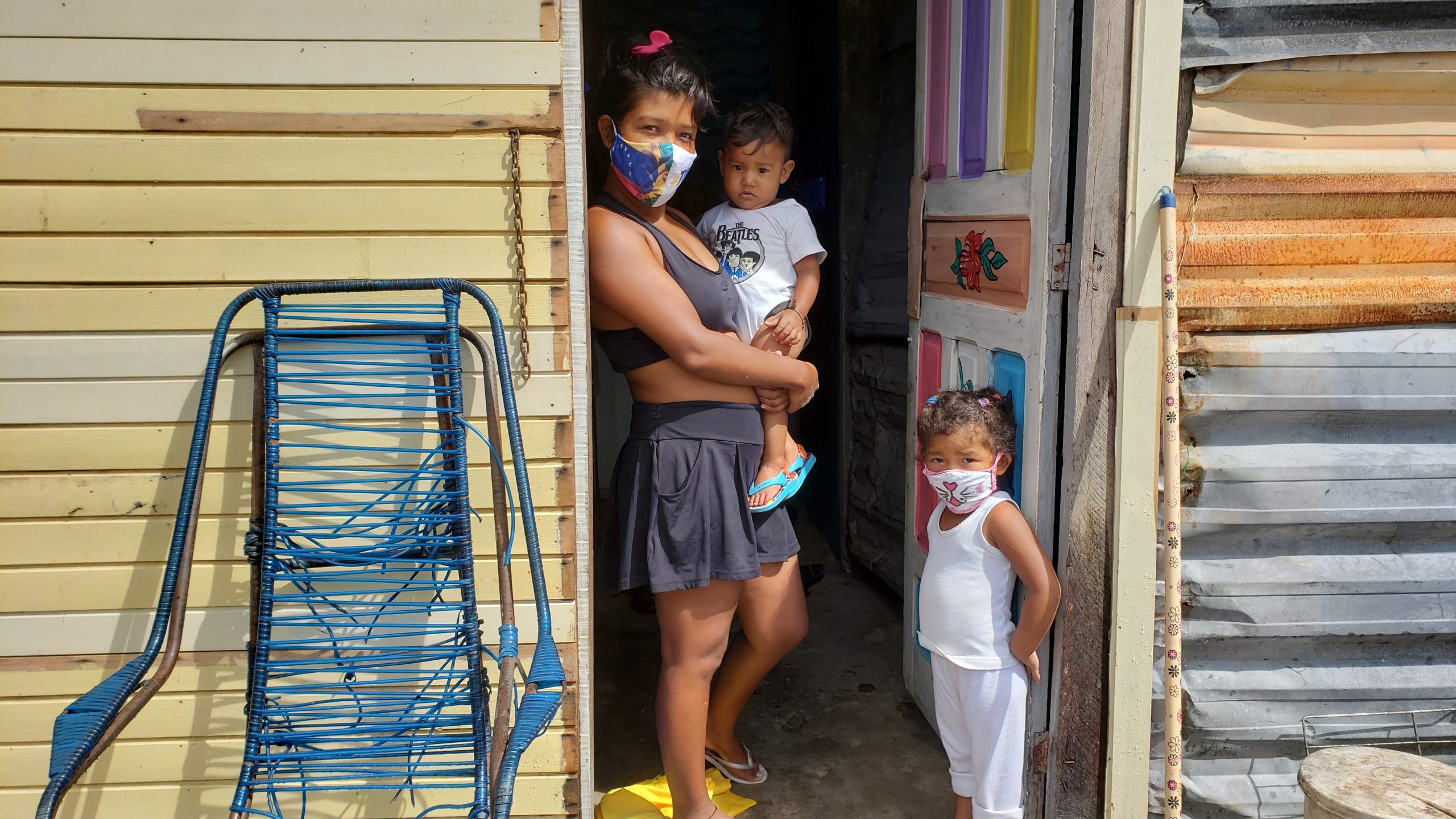
In Boa Vista, the We Are Water Foundation collaborates with World Vision in a project to provide handwashing facilities and training in hygienic practices in a community. © World Vision
The project, which includes the installation of 100 washbasins that can ensure 225,000 hand washes every month, also aims to mobilize society to participate in the prevention of cases through appropriate hygiene practices, the use of masks and social distancing.
100,000 people will directly benefit from these actions. The benefits go beyond the inhabitants of the camps and adjacent areas reaching temporary residents, neighboring residents and workers, around 200,000 people that already had precarious hygienic services.
While awaiting uncertain political solutions, the humanitarian crisis of those who leave their homes to survive continues. Providing visibility is essential for political actions to solve the causes and effects of these exoduses. This cannot be the pandemic of oblivion.


